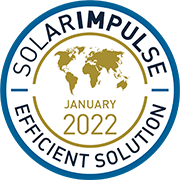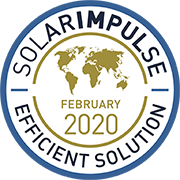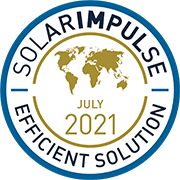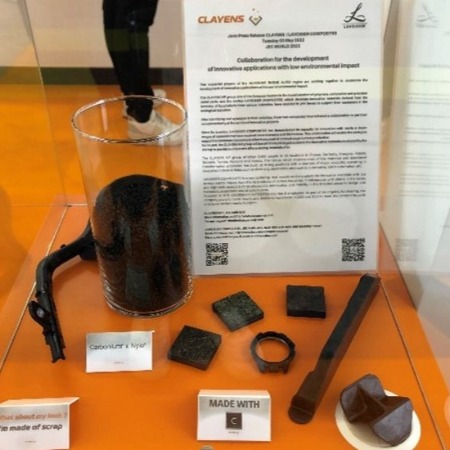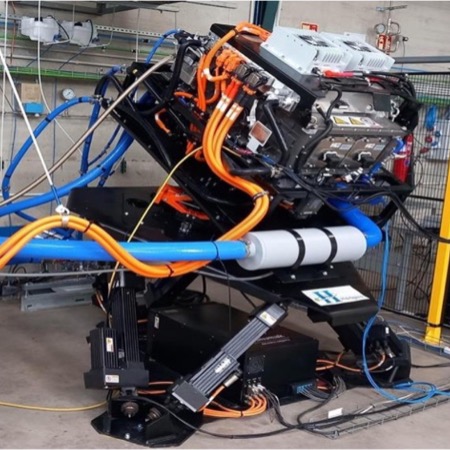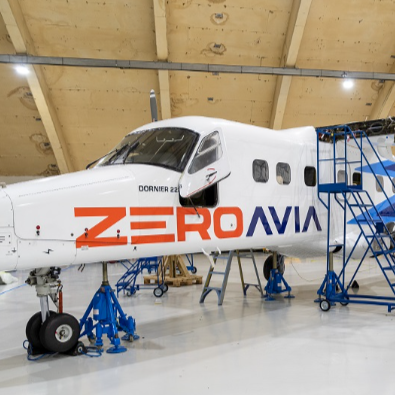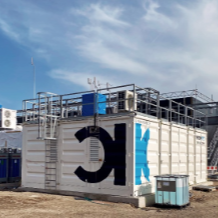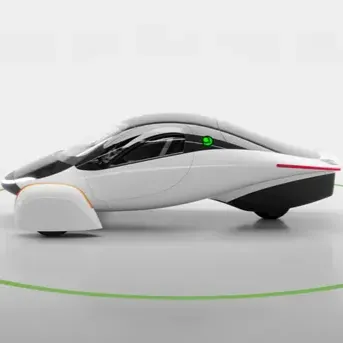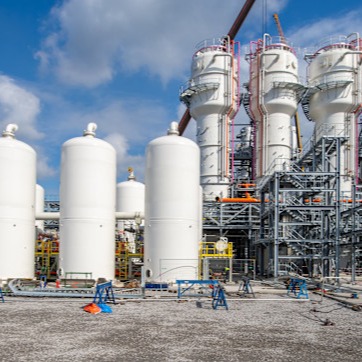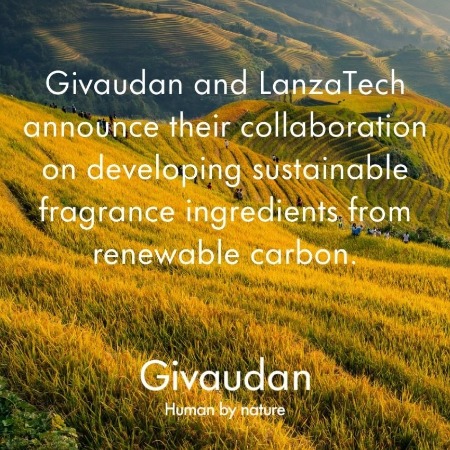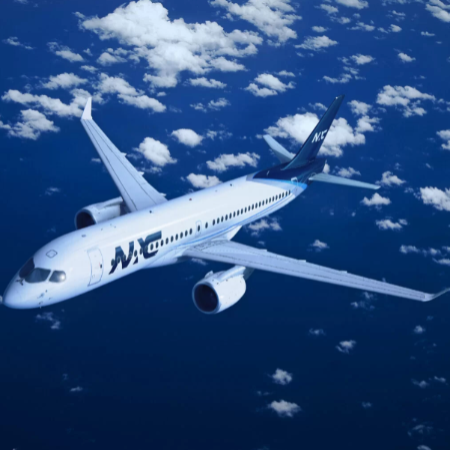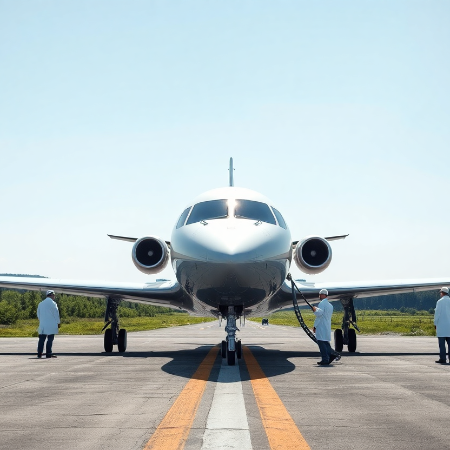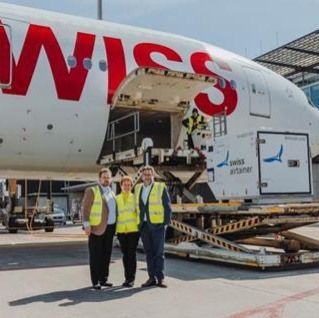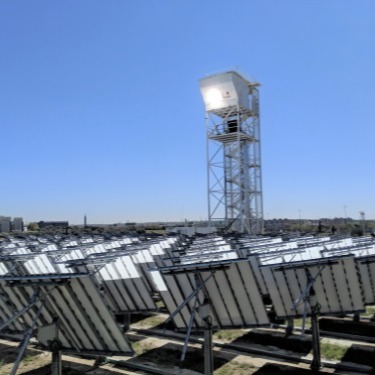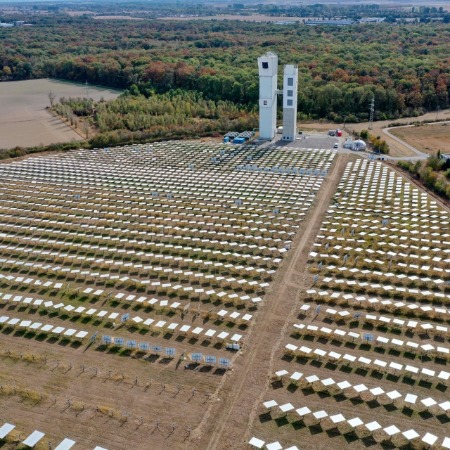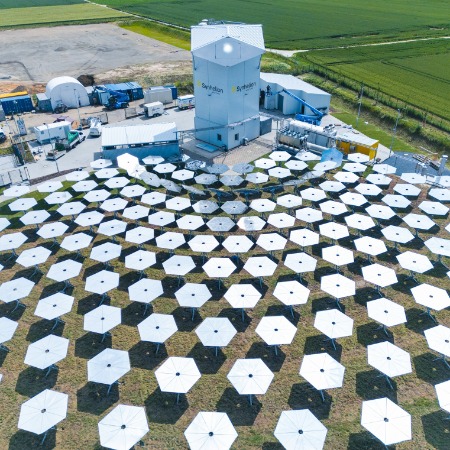02. Définition
Qu'est-ce que l'aviation propre ?
L'aviation propre fait référence aux efforts déployés par l'industrie aérospatiale pour réduire l'impact environnemental du transport aérien, notamment en termes de réduction des émissions de gaz à effet de serre, de pollution sonore et de consommation globale d'énergie. Elle englobe des initiatives technologiques, opérationnelles et réglementaires visant à rendre l'aviation plus durable.
Les principaux éléments de l'aviation propre sont les suivants :
- Les carburants aéronautiques durables (SAF): Il s'agit de carburants alternatifs dérivés de sources renouvelables, tels que les biocarburants, les carburants synthétiques ou l'hydrogène, qui produisent moins d'émissions que les carburéacteurs traditionnels.
- Avions électriques et hybrides: Développement de systèmes de propulsion électrique et d'avions hybrides-électriques, qui utilisent des moteurs électriques en combinaison avec des moteurs traditionnels pour réduire la consommation de carburant et les émissions.
- Avions à hydrogène: L'hydrogène est considéré comme un carburant prometteur sans émissions qui, lorsqu'il est utilisé dans des piles à combustible, n'émet que de la vapeur d'eau.
- Amélioration de l'aérodynamique et des matériaux légers : La conception des avions évolue pour réduire la traînée et le poids, ce qui améliore le rendement énergétique et réduit les émissions.
- Efficacité opérationnelle : Il s'agit d'une meilleure gestion du trafic aérien, de l'optimisation des itinéraires de vol et de l'amélioration des opérations aéroportuaires afin de minimiser le gaspillage de carburant et les émissions.
- Technologies de propulsion avancées : Les innovations dans la conception des moteurs, comme les moteurs à soufflante ouverte ou les turbines à haut rendement, visent à rendre les vols plus propres et plus efficaces sur le plan énergétique.
Dans l'ensemble, l'aviation propre consiste à faire évoluer le secteur vers des pratiques plus durables, à atteindre les objectifs réglementaires en matière d'émissions et à répondre aux préoccupations croissantes concernant le rôle de l'aviation dans le changement climatique.





